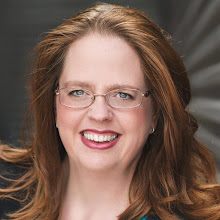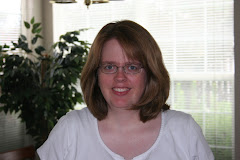Today I'm going to take a break from posting my thoughts on the LTUE Symposium to provide an update on my writing efforts. Thanks to a friend who lives nearby I was able to have a professional editor take a look at the first novel in my Nedaran series. The feedback that I received today was amazing - filled with hope, fantastic revelations and great ideas.
So how do I feel about it...honestly...overwhelmed. It was incredibly worth it to go to a professional editor for feedback. Now that I have that feedback I see months more of work ahead of me and feel a little daunted about the task ahead. The editor said that I am imaginative and a storyteller with great writing mechanics. She loved several of my characters, and plot ideas. She just recommends that I flush out a few of my characters more so that it is easier for the reader to fall in love (or hate as the case may be) easier. She even pointed out certain smaller details that will immensely improve on my story once resolved. I LOVE IT!!!! After what I have learned this morning I’m eager to get moving on the story and to overcome any hurdles that lay ahead.
My one writer’s tip for the day is this………get feedback on your story. It is vital for a good writer to have friends and strangers read your words. As mentioned in some of the LTUE notes, the reader is the author’s partner in making a story come alive. If you want to make sure that your story does just that, then it is important that you have someone other than you read your story and provide feedback. If it is within your power (and finances) I would even recommend having a professional editor read it prior to you submitting it to agents. That way you can identify any kinks, weak spots, etc., and get them worked out in advance. This will allow the true light of your story to shine forth in the darkness and amaze any agent who reads it.
Good luck and don’t give up hope!
Summerlist
13 years ago

